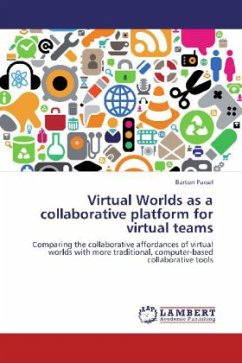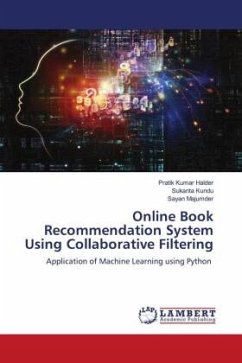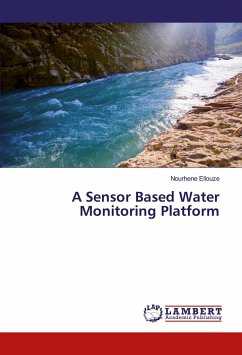With the emergence of information technology tools, organizational teams often work virtually, relying on IT tools to successfully collaborate. Early reports indicated that many of these partially distributed teams (PDTs) experience difficulty, particularly in the areas of geographic distance, temporal distance and cultural distance. To date, the common tools used to facilitate PDT communication and coordination are email, instant messenger, conference calls, and collaborative Internet environments such as Basecamp, Drupal, and others that have features such as wikis, message boards and shared file space. With the emergence of 3D virtual worlds, the technology is present to begin a new era of experiments in PDT collaboration. This research study examined PDTs collaborating in primarily 2D, text-based environments to PDTs collaborating in both 2D environments and a 3D virtual world, ProtoSphere. Data were collected around nine different dependent variables pulled from virtual teaming literature, as well as usage data on various types of media employed to collaborate. Significant findings were found relating to several variables, particularly team conflict.








